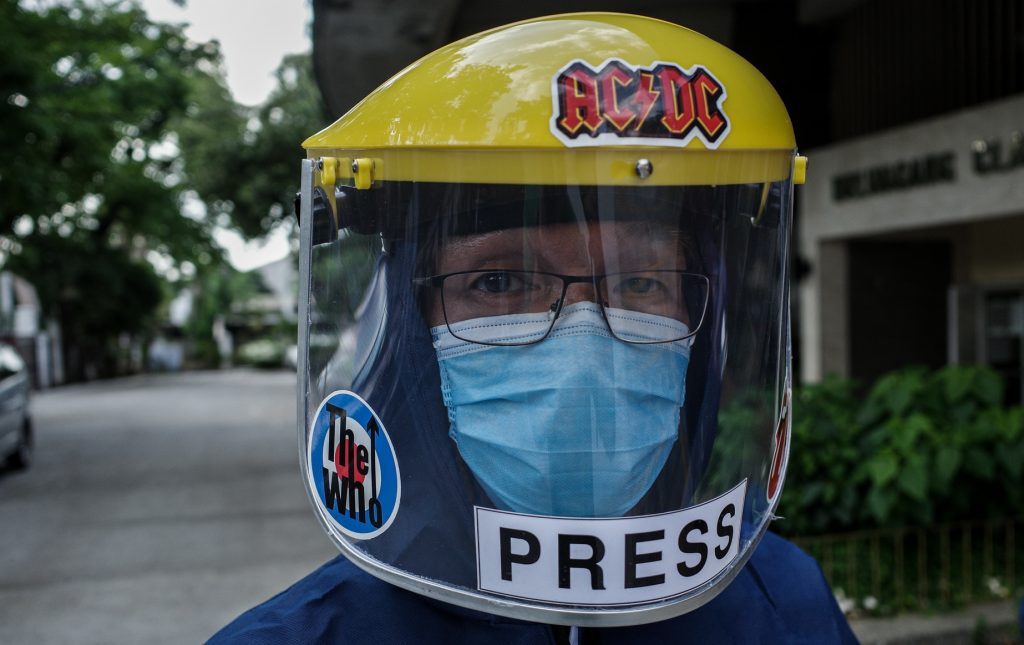
Many countries in Asia reportedly used the coronavirus pandemic to control the flow of information and suppress press freedom.
This was the finding of the 2021 World Press Freedom Index released by Reporters Without Borders (RSF) this week.
The report revealed that the region’s “authoritarian regimes” have capitalized on the global health crisis “to perfect their methods of totalitarian control of information.”
The report noted that some “dictatorial democracies” have used the pandemic “as a pretext for imposing especially repressive legislation with provisions combining propaganda and suppression of dissent.”
North Korea remains the “worst performer” in Asia, at 179th out of the 180 countries included in the report “because of its totalitarian control over information and its population.”
China, which ranked 177th, has reportedly taken advantage of the health crisis “to enhance its control over online information even more.”
The report said that since President Xi Jinping became its leader in 2013, China “has taken online censorship, surveillance, and propaganda to unprecedented levels.”
It described the country as the world’s undisputed specialist in spreading the “censorship virus.”
Vietnam at 175th also reportedly reinforced its control of social media content, while conducting a wave of arrests of leading independent journalists.
Among those arrested in Vietnam is Pham Doan Trang who was awarded RSF’s Press Freedom Prize for Impact in 2019.
Other Asian countries — including Thailand, the Philippines, Indonesia, Cambodia, and Myanmar — have been marked red or black on the World Press Freedom map, classifying them as “bad or very bad.”
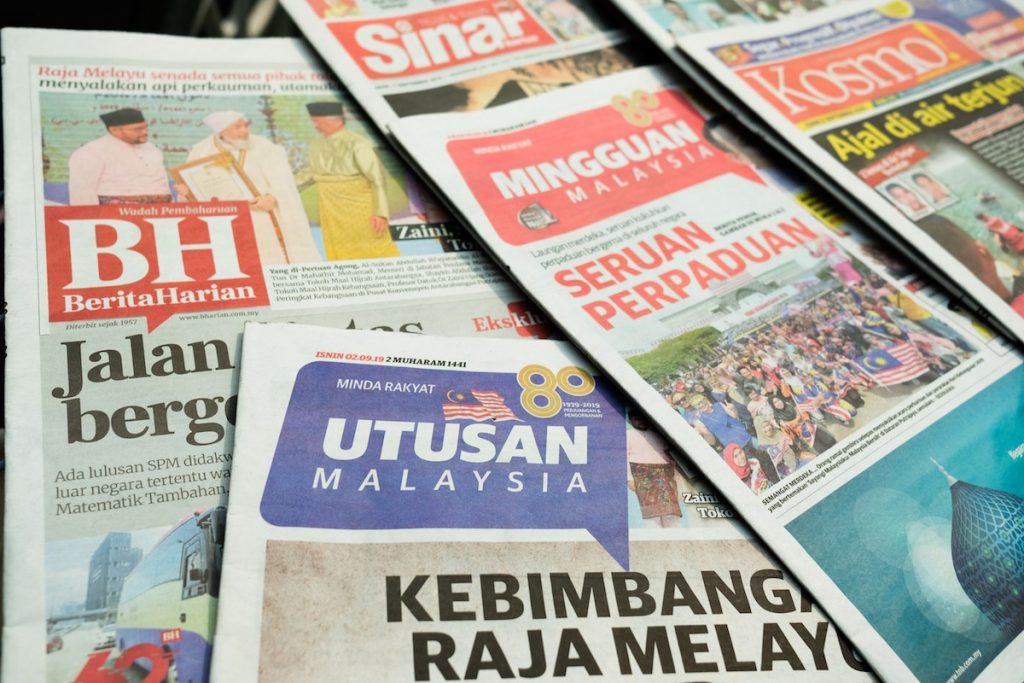
The report said these countries “used the pandemic to reinforce obstacles to the free flow of information.”
The report said these countries also adopted extremely draconian laws or decrees, “criminalizing any criticism of the government’s actions.”
Malaysia, which fell to 119th from 101st, “embodies the desire for absolute control over information,” said the report.
It said Malaysia has the biggest fall among countries in the Index due to the “adoption of a so-called ‘anti-fake news’ decree enabling the authorities to impose their own version of the truth.”
The report also noted that Myanmar, which ranked 140th, “used the pretext of combatting ‘fake news’ during the pandemic to suddenly block 221 websites, including many leading news sites, last year.
“The military’s constant harassment of journalists trying to cover the various ethnic conflicts also contributed to the country’s fall in the Index,” it added.
The report also noted that the press freedom situation in Myanmar “has worsened dramatically since the military coup in February 2021.”
In the Philippines, the report said “the government … has developed several ways to pressure journalists who dare to be overly critical” of President Rodrigo Duterte and his “war on drugs.”
“The persecution of the media has been accompanied by online harassment campaigns … (including) cyber-attacks on alternative news websites,” it added.
Globally, the report noted that journalism, “the main vaccine against disinformation, is completely or partially blocked in 73 percent of the 180 countries” ranked by RSF.
Source: Licas Philippines

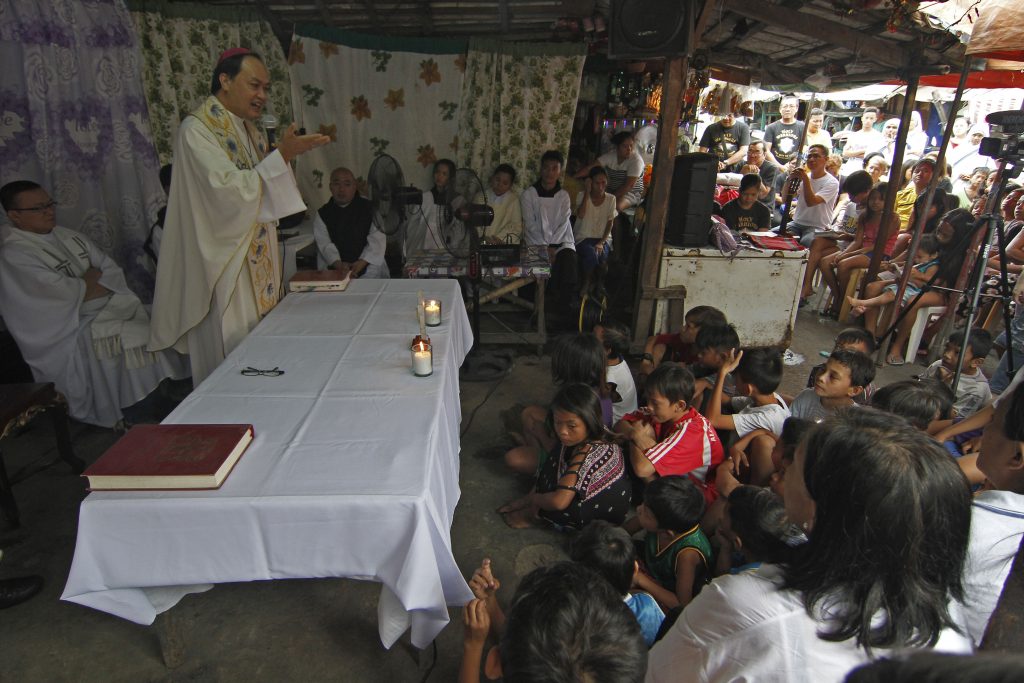
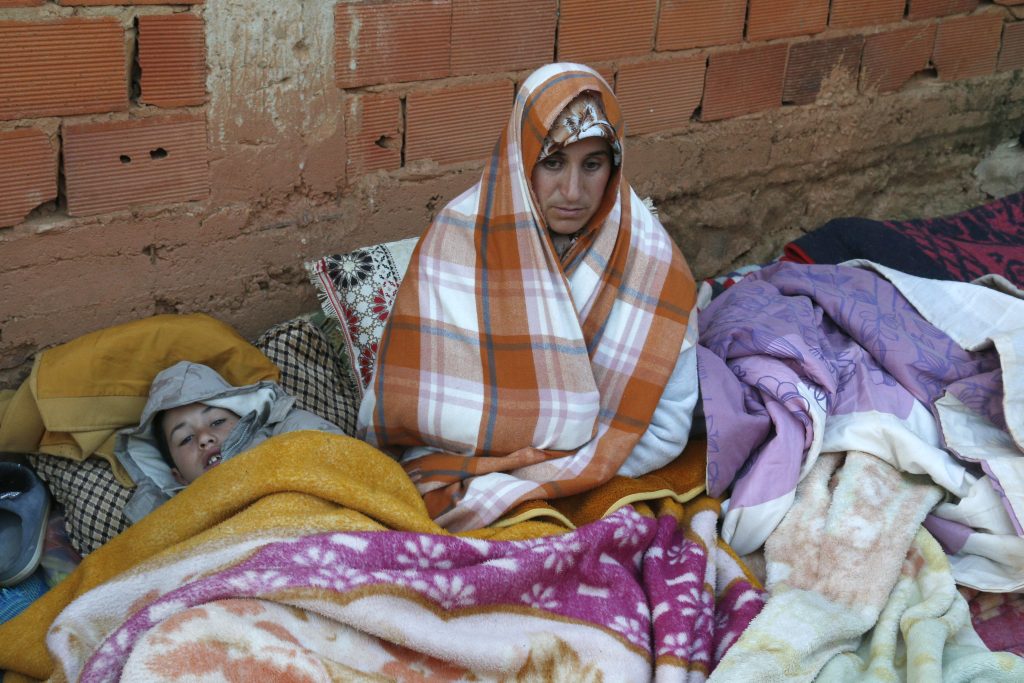
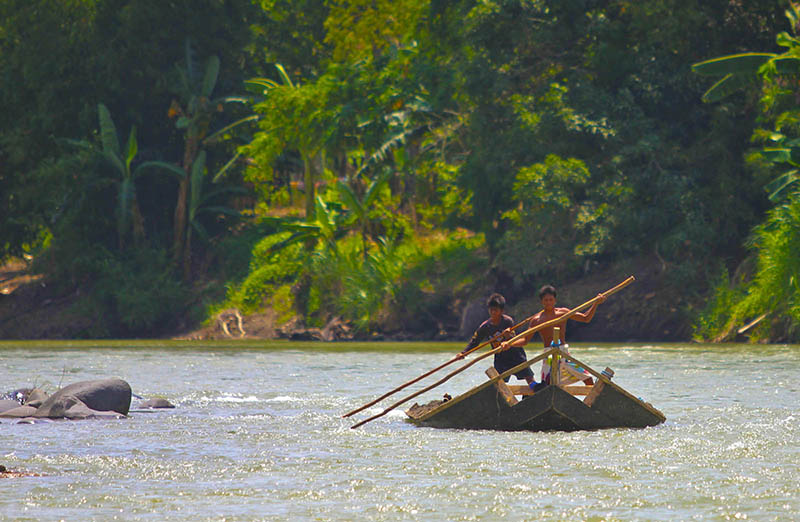


0 Comments